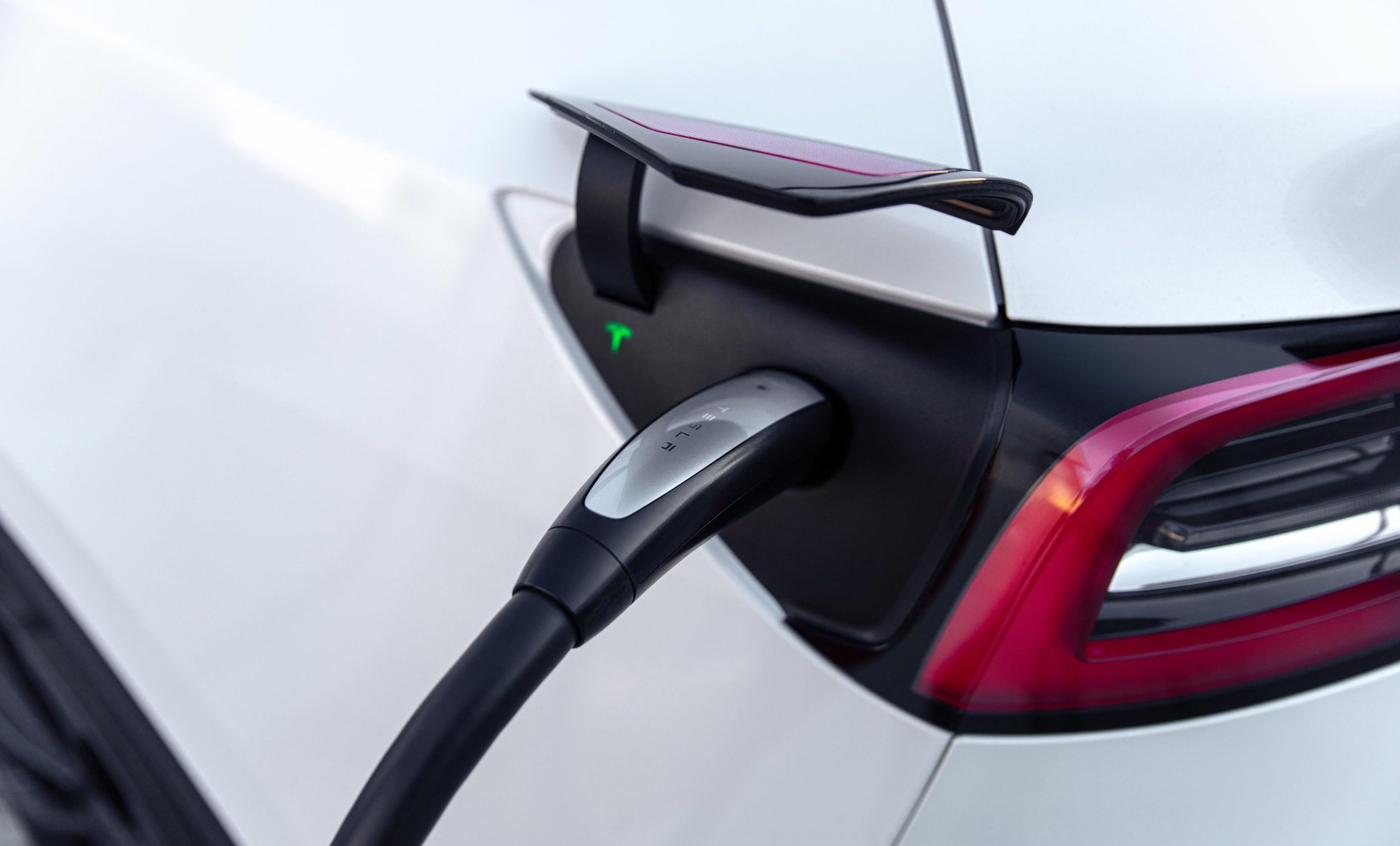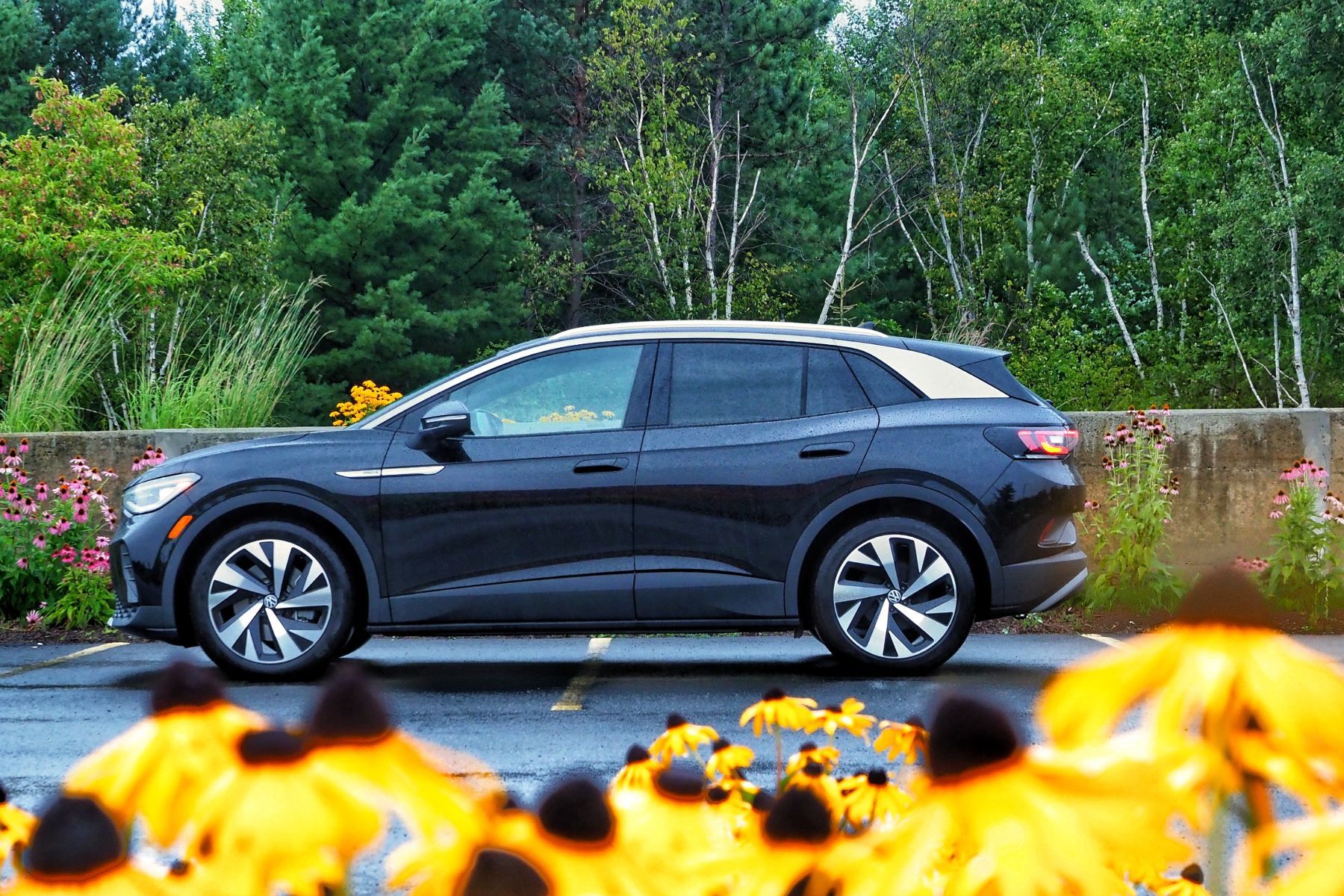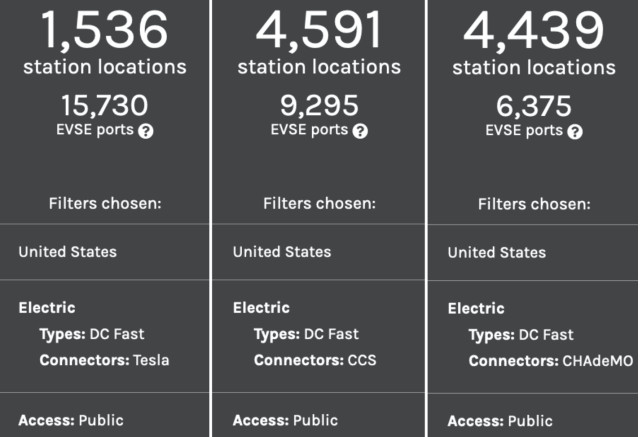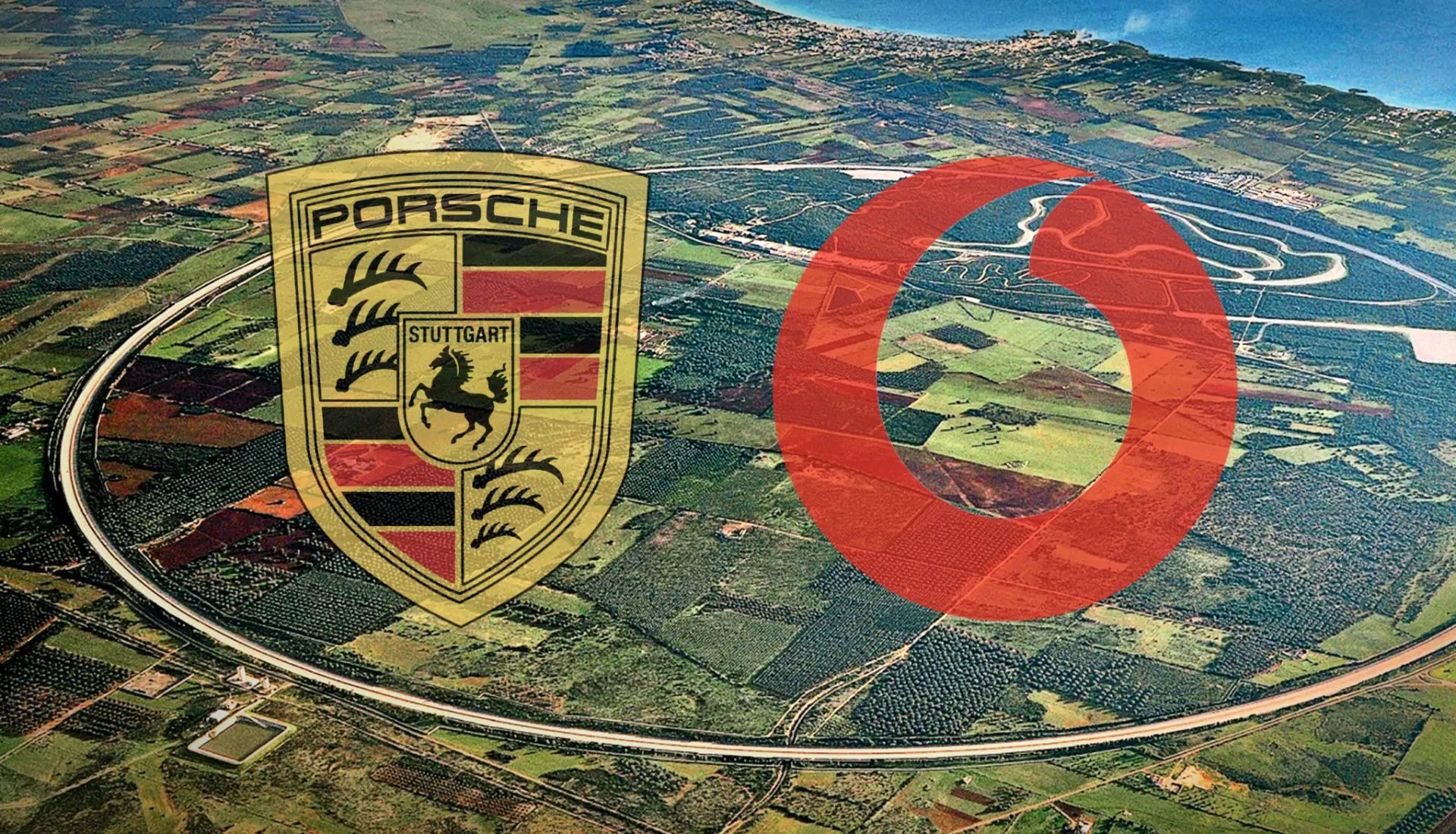Will Porsche Use Nacs? Exploring The Future Of Electric Vehicle Charging
Share

As the automotive industry continues to shift toward electric vehicles (EVs), the standardization of charging systems has become a focal point for manufacturers and consumers alike. The Tesla North American Charging Standard (NACS) has gained significant attention, raising the question: Will Porsche use NACS? In this blog post, we will explore the implications of NACS adoption for Porsche and the broader EV landscape.
Understanding NACS and Its Implications
NACS is a proprietary charging connection initiated by Tesla that aims to simplify the EV charging experience by providing a uniform interface across its vehicles and Supercharger network. Recently, NACS has garnered interest as more automakers contemplate adopting this standard. For luxury brands like Porsche, the decision to utilize this connection could have substantial implications for performance, convenience, and marketability.

The Current Charging Landscape
At present, EVs predominantly use two main charging systems: the Combined Charging System (CCS) and CHAdeMO. Each system has its benefits and challenges. While CCS has emerged as the preferred framework in Europe and North America, CHAdeMO is still popular, particularly among Japanese manufacturers. However, with Tesla's Supercharger network vastly expanding, NACS is positioning itself as a competitive alternative.
Consider the recent collaboration announcements from several automakers, including Rivian and Ford, to provide access to Tesla's Supercharger network via NACS adapters. These collaborations suggest that the automotive industry is increasingly recognizing the potential benefits of a unified charging standard.
The Porsche Electric Future
Porsche has been at the forefront of EV performance since the launch of the Taycan. With its engineering expertise and commitment to innovation, Porsche has already made a significant impact in the electric market. However, as consumer acceptance of EVs continues to grow, Porsche must ensure that its vehicles come equipped with the most convenient charging systems to attract potential buyers.

Benefits of Adopting NACS for Porsche
-
Wider Charging Access: By adopting the NACS standard, Porsche owners can access Tesla’s expansive Supercharger network, which significantly outnumbers other charging stations. This would provide Porsche EV drivers more options for rapid charging on long journeys.
-
Enhanced Charging Speed: NACS is designed to handle higher power levels, which can result in quicker charging times. Given Porsche's focus on performance, having the capability for speedy recharges would only enhance the customer experience.
-
Brand Positioning: By aligning with a leading charging standard, Porsche can reinforce its position as an innovative luxury brand committed to sustainability and performance. It could help attract customers who prioritize convenience in their EV experience.
Potential Challenges Ahead
While there are undeniably compelling benefits to adopting NACS, Porsche must also navigate a few challenges:
-
Transition Costs: Integrating NACS technology into current vehicle lineups could involve substantial re-engineering costs. This is particularly pertinent for vehicles already in production or in the planning stages.
-
Compatibility with Existing Infrastructure: Since NACS is primarily tied to Tesla’s ecosystem, Porsche may face initial integration hurdles when considering compatibility with the broader CCS infrastructure worldwide.
-
Consumer Preference and Perception: Some potential customers may prefer vehicles that utilize the CCS, given it is currently the more established and globally recognized standard. It would be essential for Porsche to communicate the advantages of NACS effectively to overcome this perception.

The Competitive Landscape
Additionally, Porsche is not the only luxury brand navigating the EV transition. Rivals like Audi, BMW, and Mercedes-Benz are also introducing notable electric models equipped with CCS connections. Thus, the decision on whether to adopt NACS could impact Porsche's competitive positioning in the luxury EV segment.
Future Charging Trends
As the EV market continues to evolve, we may also witness the emergence of new charging technologies and systems. Consumer expectations are shifting, and the demand for seamless charging experiences is at an all-time high. Adopting NACS could position Porsche advantageously in a landscape that may see traditional charging methodologies phased out in favor of future advancements.

Conclusion: An Exciting Future Ahead
The question of whether Porsche will use NACS is more than just about charging standards; it encapsulates a broader strategy toward the future of electric mobility. As Tesla continues to set the pace in the EV market, other luxury manufacturers, including Porsche, must consider their positioning carefully.
While benefits like improved access to rapid charging and competitive performance align with Porsche's brand ethos, potential challenges could make adoption complex. Ultimately, a strategic decision that considers all of these elements will shape Porsche's EV narrative in the coming years.
With the pacing advancements and shifts in industry standards, one thing is certain: the future of Porsche’s electric lineup is as exhilarating and dynamic as the brand itself. Stay tuned as we follow this journey closely!